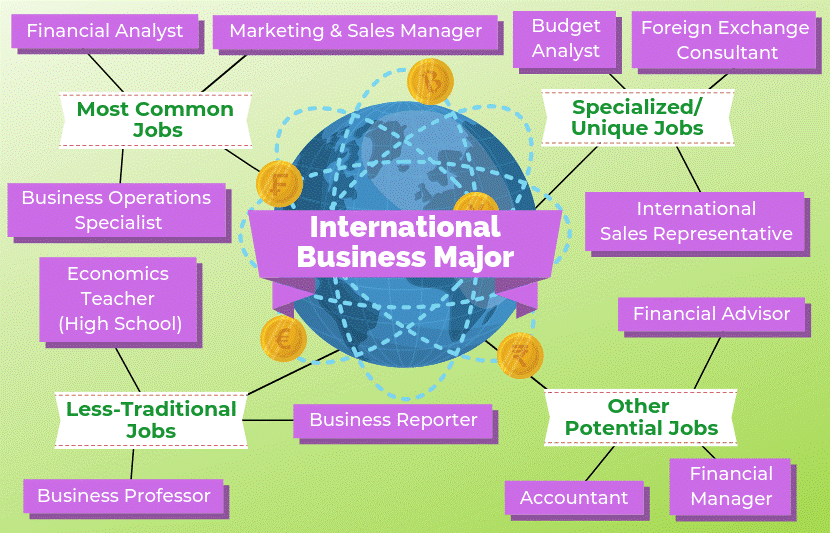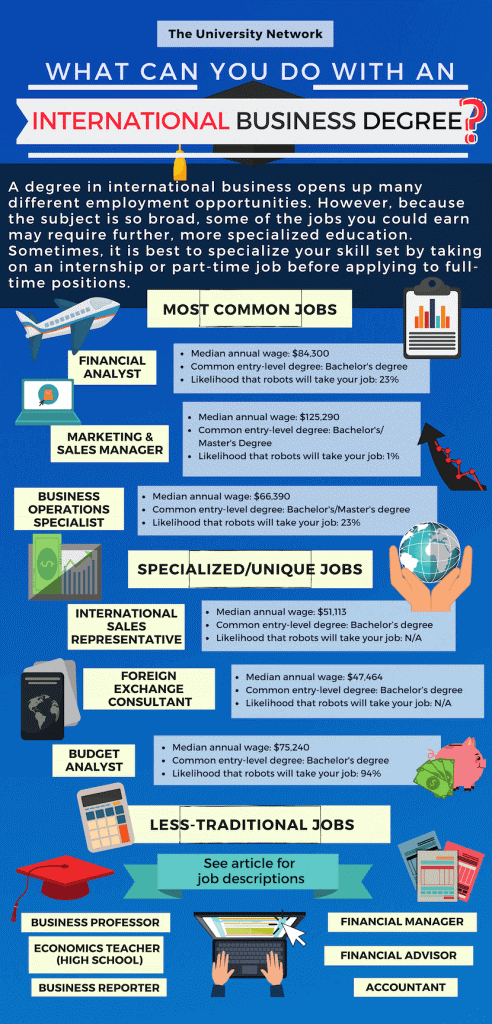
Business people are motivated, resilient leaders who strive for success. Whether you find a particular element of business fascinating, have a natural talent for the field, or you simply enjoy being in a leadership role, pursuing the business pathway is an excellent option to consider for post-secondary!
Suggested Courses
Regardless of what particular field you’re interested in pursuing, you’ll need to make sure you’re taking the right courses to fulfill prerequisites requirements for your intended program. It is typical for most business programs to expect applicants to have taken at least two Grade 12 math courses (usually Advanced Functions and Calculus & Vectors, although Data Management is more commonly required than you might expect as well!). Depending on your particular interests, you may want (or need) to take additional courses, such as Accounting, Marketing, or Economics, to familiarize yourself with the specialized content &/ meet post-secondary admission requirements.
Below is a full list of suggested OVS courses for students pursuing the Business pathway:
Grade 9 & 10
• BTT Information & Communication Technology in Business
*Note: this course may be taken at either the Grade 9 or Grade 10 level, but not both.
Grade 11
• BAF3M Financial Accounting Fundamentals
• BMI3C Marketing
Grade 12
• BAT4M Financial Accounting Principles
• BBB4M International Business Fundamentals
• CIA4U Analysing Current Economic Issues
• MCV4U Calculus & Vectors
• MDM4U Data Management
• MHF4U Advanced Functions
You might also consider EBT4O Business & Technology English. However, it is worth noting that because this course is taught at the Open level, the grade cannot count towards a “Top 6” Average for University Admissions. It would still count as a credit towards graduation.
As always, it helps to earn high marks in the courses related to your field, as well as English. Overall admission averages will vary by school and by program, but aiming for an 75% average is a good place to start, as some business programs can be quite competitive. Additionally, many business programs look for applicants with a history of extracurricular involvement. Consider getting involved in clubs or sports at your day school or in your community to improve your application odds. In particular, becoming involved in your school’s student council or your local political scene, participating in a debate or Model UN club, tutoring younger students, partaking in social justice or mentorship initiatives, or generally being an active volunteer and mentor in your community will be sure to impress admissions councils. Participating in these activities is also a great way to meet new people – after all, networking is a vital skill for those pursuing a career in business!
Potential Programs
The business field includes many potential streams for you to choose from. From general degrees programs in areas like Economics or Marketing, to more specific programs, like business technology management. There are also many opportunities to add business programs as a second major or a minor. Additionally, most business schools will also offer programs that allow you to start off general, and choose your specialization later in the degree. So, whether you know exactly what you want to study or you’re still not sure, there is a program that will suit your needs. Here, is a list of some of the most popular business streams:
• Accounting
• Finance
• Marketing
• Human Resource Management
• International Business
• Entrepreneurship
• Economics
Of course, these are still fairly general program areas, any one of which can become even more specialized based on specific job interests.

Image Credit: The University Network
Recommended Post-Secondary Institutions
Some students may be set on attending either university or college, but did you know it can be beneficial to do both? By combining the theoretical knowledge offered in a university degree with the hands-on skills offered by college programs, joint programs can uniquely prepare students for success.
Here, we’ve compiled a list of Canadian institutions with well-regarded business faculties:
Universities
York University
University of Toronto
McMaster University
Western University
Queen’s University
McGill University
University of Alberta
University of British Columbia
Colleges
Durham College
Algonquin College
Cambrian College
Conestoga College
Confederation College
Fanshawe College
Centennial College
If you are seriously interested in pursuing further education in the business field, it’s a good idea to check out specific institutions and search through their full program list to get a clearer picture of what’s out there. If you’re interested in attending university in Canada, this site can help you search for various programs. If college is what you’re after, this site lets you search through all the programs offered by Ontario colleges. If you’re stuck deciding between different specialties, this site outlines the details of specific business specialties.
Scholarships & Bursaries
It’s no secret that post-secondary study can be expensive, but in modern society, it’s considered an investment towards a brighter future. But who doesn’t want ‘free’ money? Scholarships and bursaries are great ways to ease the financial burden post-secondary study inevitably brings. While most schools give first-year students entry scholarships based on earning good high school averages, it’s important to know that there are many other scholarship and bursary opportunities available as well, which range in value and entry criteria.
Generally speaking, scholarships are typically awarded in acknowledgement of academic excellence, while bursaries are allocated based on financial or situational need. Either may be given out by the university itself or by an external source. For school-specific scholarships and bursaries, it’s best to browse the university website for a dedicated page that explains the criteria and application processes for their awards. For externally offered scholarships, Scholarships Canada is a general database that lists hundreds of searchable opportunities each year. It’s important to apply for these awards early, as the application deadlines vary widely. More tips on filling out applications are available here.
The application process itself also varies greatly. Some will involve writing an original essay or creative piece based on specific criteria, others will require you to provide a series of specific documents proving your academic or financial standing, while a select few will simply ask you to fill out your contact information for a luck of the draw pull. In general, the applications whose processes are more complex, and whose criteria are more specific, are the ones you have a greater likelihood of being awarded. Scholarships and bursaries do lighten the financial burden of higher education, but they also require time and effort in finding and applying for ones that apply to your specific situation.
Career Opportunities
A Business degree can lead to many interesting career opportunities, but which one is right for you? Just like picking a degree, it’s important to consider your strengths, skills and personal interests. After all, if you love what you do, you’ll never work a day in your life! Here are just a few of the hundreds of potential careers a Business graduate might choose to pursue:
• Accountant
• Marketing Coordinator
• Management Consultant
• Social Media Manager
• Financial Analyst
• Business Teacher
• Financial Advisor
• Fraud Examiner
• Advertising Sales Agent
• Retail Buyer
• Cost Analyst
• Investment Banker
• Equity Trader
• Digital Advertising Sales Specialist
• Event Coordinator
• Fashion Merchandising Buyer

Image Credit: The University Network
Looking for career paths that are more specific to your future degree? This website has compiled a guide of the different school and career paths you can take with specific business degrees. And don’t forget, there are always opportunities to further your education after completing your business degree. You can pursue a Master’s degree or PhD to study a more specialized topic; you can enroll in a professional program, like teacher’s college; or, you can enroll in a specialized college program to obtain hands-on skills in your chosen field.
At the end of the day, remember that the path you choose is never set in stone and the decision to change pathways should never be regarded in a negative light. Instead, consider a shift in focus or discipline as just another way of expanding your skill-sets and areas of knowledge. And, as always, OVS is here for you if you find yourself in need of prerequisite courses or upgraded marks to embark down a new path towards your ideal future.
